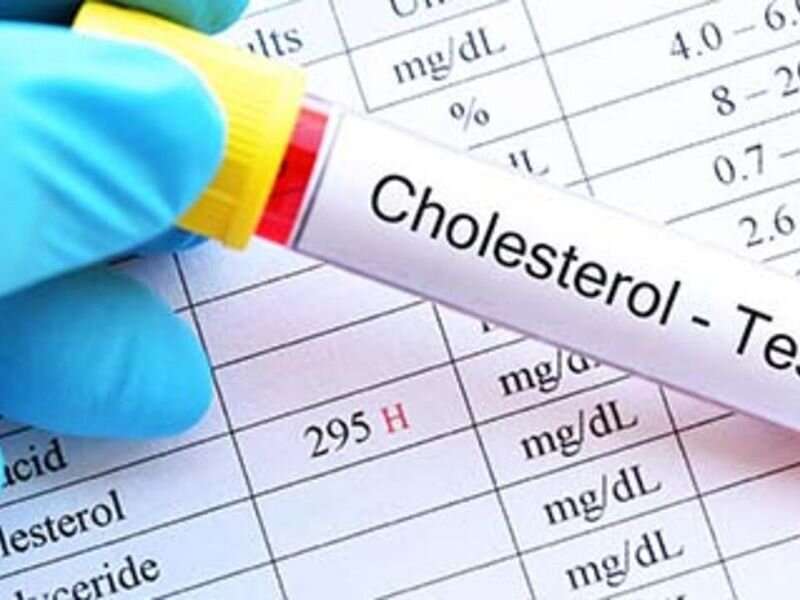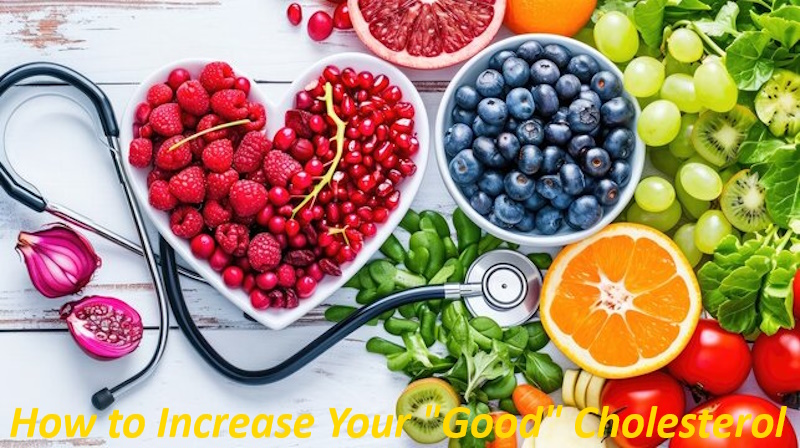How to Raise Good Cholesterol Through Diet and Lifestyle
Cholesterol often gets a bad reputation, but it’s an essential component of our overall health. This waxy substance is crucial for the creation of new cells and hormone secretion. However, excessive cholesterol in the bloodstream can lead to cardiovascular diseases like heart disease and stroke. Understanding and managing cholesterol, particularly the “good” high-density lipoprotein (HDL), is vital for maintaining heart health.
Understanding HDL: The Good Cholesterol
High-density lipoprotein (HDL) is often termed the “good” cholesterol because it helps reduce the risk of cardiovascular disease. HDL works by transporting low-density lipoprotein (LDL), known as “bad” cholesterol, away from the arteries and back to the liver. The liver then breaks down LDL, facilitating its removal from the body. HDL carries about 25-33% of LDL to the liver, with the remaining LDL lingering in the blood vessels. Thus, while HDL significantly benefits heart health, it cannot manage cholesterol levels entirely on its own.
Optimal HDL Levels
Determining the right HDL levels is a personalized process best guided by your healthcare provider. Generally, the National Heart, Lung, and Blood Institute recommends a total cholesterol level of 125-200 mg/dL for adults over 20. Specifically, women should aim for HDL levels of 50 mg/dL or higher, while men should target 40 mg/dL or higher.

Dietary Strategies to Boost HDL
Raising your HDL levels through diet is achievable by incorporating specific HDL-boosting foods. The Mediterranean diet, renowned for its heart-healthy benefits, is particularly effective in increasing HDL levels. Here are some dietary tips:
-Healthy Oils and Fats: Choose liquid cooking fats, such as olive oil, over solid fats like butter. Olive oil is rich in monounsaturated fats, which can increase HDL levels.
-Lean Proteins: Opt for lean protein sources like chicken breast over red meat to reduce saturated fat intake, which can raise LDL cholesterol.
HDL-Boosting Foods to Include
Incorporate the following foods into your diet to help raise HDL levels:
– Olive Oil
– Avocado
– Prunes
– Apples
– Beans
– Nuts
– Whole Grains
– Flax and Chia Seeds
– Fatty Fish
Lifestyle Changes to Enhance HDL Levels
Beyond diet, lifestyle modifications can profoundly impact cholesterol levels. Consider the following changes:
– Increase Physical Activity: A sedentary lifestyle can lower HDL levels. Aim for daily physical activity through walking, workouts, or playing with children or pets.
– Quit Smoking: Both smoking and vaping reduce HDL cholesterol. Consult your doctor for resources to help quit smoking successfully.
– Maintain a Healthy Weight: Excess weight can raise LDL and lower HDL cholesterol. Even modest weight loss can improve HDL levels.
– Manage Blood Sugar: For those with diabetes, maintaining blood sugar levels is crucial for boosting HDL. Follow your diabetes management plan and consult your doctor for adjustments.
– Control Blood Pressure: High blood pressure is associated with lower HDL levels. Work with your healthcare provider to manage and reduce blood pressure.
Conclusion
Managing your cholesterol levels, particularly by boosting HDL, is essential for cardiovascular health. Through a combination of dietary adjustments and lifestyle changes, you can enhance your HDL levels and reduce the risk of heart disease and stroke. Always consult with your healthcare provider for personalized advice and treatment plans.
Health : Arthritis Diet : Best and Worst Foods for Arthritis
